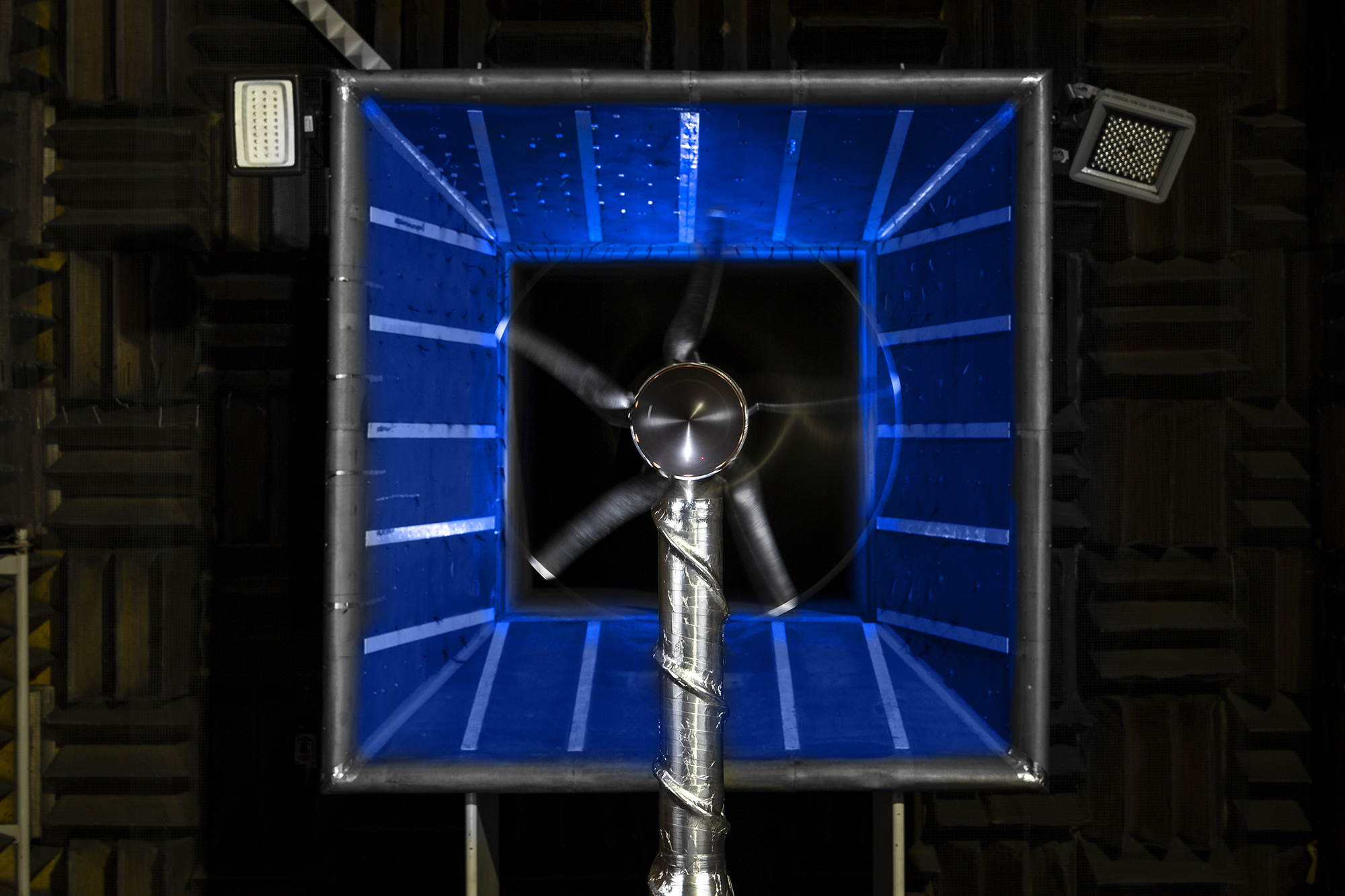EF Global VTOL
20 Mar 2023

Tecnam has partnered with Rolls-Royce to develop a nine-passenger eCTOL aircraft called the P-Volt, the Italian aircraft company announced on Oct. 23. The two companies are already collaborating on a hybrid-electric version of its four-seat Tecnam P2010 Traveller.
NASA announced on Nov. 2 that it had recently tested propellers for its X-57 Maxwell eCTOL demonstrator (shown). The tests in the Langley Low-Speed Aeroacoustic Wind Tunnel were conducted to gather operational and performance data for flight conditions. Two full-scale propeller assemblies provided by Empirical Systems Aerospace (ESAero), of San Luis Obispo, California, and tested for 14 hours for speeds up to 90 kt (167 km/h). The X-57 is a distributed electric propulsion demonstrator using the fuselage of the P2006T Twin.
Bye Aerospace announced on Nov. 5 that South Korea’s Aerospace9 would take a stake in the company and made purchase agreements for 300 Bye electric aircraft. Denver, Colorado-based Bye now has purchase agreements for a total of 711 units, comprised of two-seat eFlyer 2 primary trainers, four-seat eFlyer 4s and the soon-to-be announced twin-motor nine-seat Envoy.
California-based Ampaire has conducted demonstration flights of what it says was a first with a hybrid-electric aircraft along an actual airline route. The company flew its Electric EEL (based on the Cessna 337 Skymaster) on Nov. 22 on a 20-minute flight from Maui’s Kahului Airport, across the island to Hana and back on a single charge. Ampaire said it was “flying the route regularly” in a one-month demonstration program with Hawai’i-based Mokulele Airlines, one of 15 airlines to have signed a Letter of Interest with the company. It is the first use of a hybrid-electric aircraft under the FAA’s Experimental-Market Survey category, allowing Ampaire to fly with their crew and essential personnel for crew training and other exploratory market activity. The flight trials are supported by Elemental Excelerator, a global climate-tech accelerator.
Meanwhile, the FAA published proposed special conditions for magniX USA’s electric motors on Nov. 19. The FAA’s current Part 33 regulations have only been used for piston and turbine engines, so these 32 special conditions posted on FederalRegister.com detail how magniX would have to demonstrate the safety and reliability of its magni250 and magni500 motors for them to be awarded type certifications. The company’s electric motors have been used in its demonstrations of Harbour Air’s eBeaver and AeroTEC’s eCaravan, and are planned for the nine-seat Eviation Alice eCTOL.